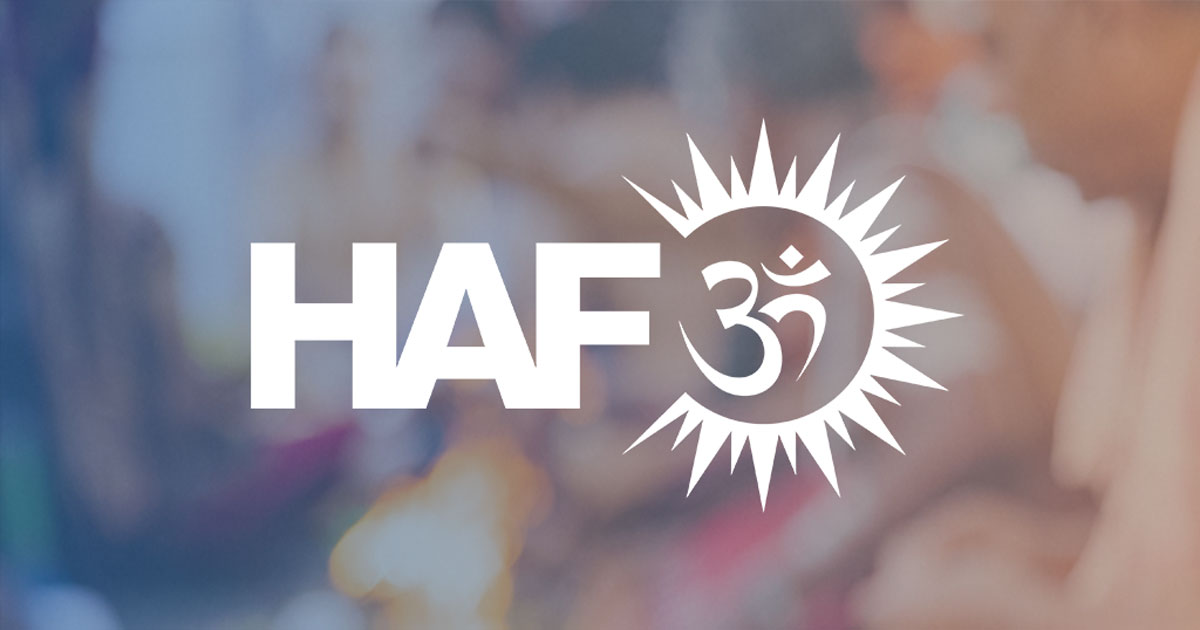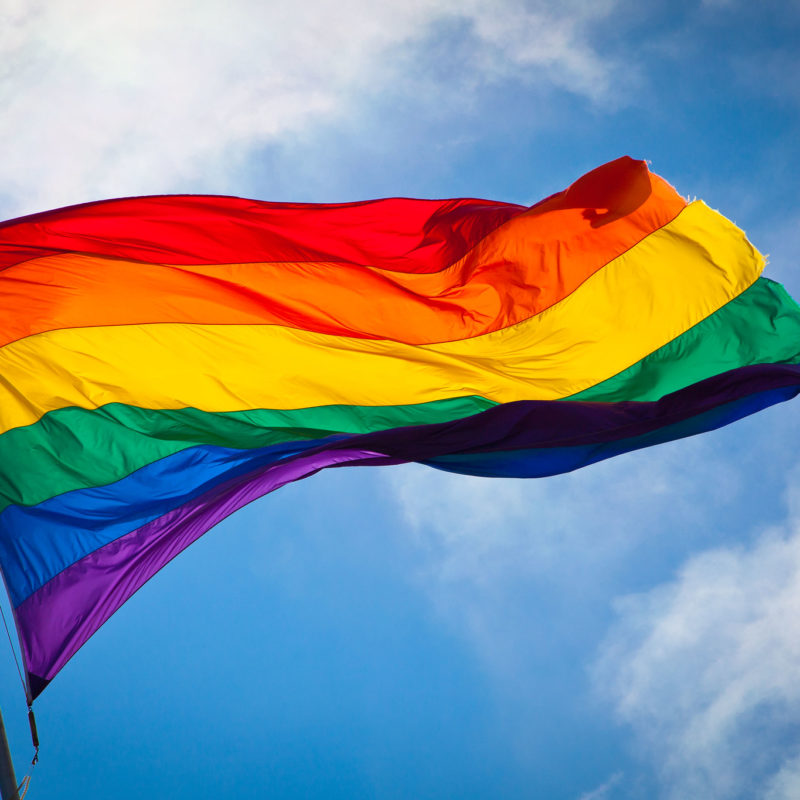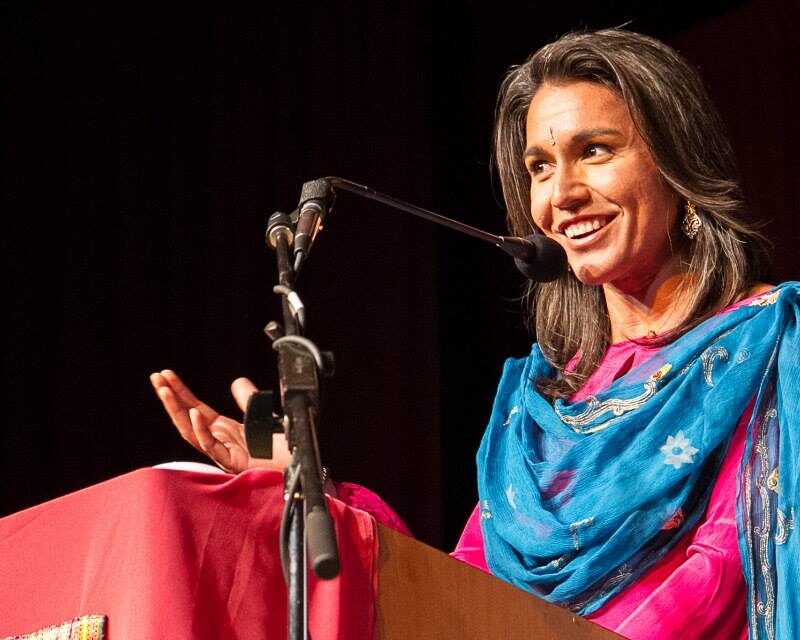
Separation of Church, State and Sex Life!
Religious organizations and people frequently lead opposition to gay rights in the United States.
In the August ruling which overturned California’s Proposition 8 banning same-sex marriage, a witness asserted, “Religion is the chief obstacle for gay and lesbian political progress.”
Why does religion play such a central role in debates about homosexuality?
American homosexuals live their lives in suspended animation, constricted by regressive laws and regulations that consign them to a second-class citizenship. But even as the sheer absurdity of this world of parallel paradoxical laws–civil union but no marriage; foster parents but no adoption; don’t ask and don’t tell– becomes clear, opposition to equal rights become more zealous and demagogues cull bigotry for political points.
Yes, opposition to gay rights is led by religious organizations. But look closely and note that Dharma religions are absent from this grotesque scene of hate and intolerance. This is not to say, of course, that Hindus, Buddhists, Sikhs and Jains are homogenous in support or opposition to this contemporary human rights issue, but the issue is more likely framed as personal and familial.
Hindu sages of yore have long prescribed that a life well lived balances the four Purusharthas, or goals of human life: dharma (righteous living), artha (generating wealth for family and community), kama (pleasurable pursuits) and moksha (ultimate salvation). Dharma colors the pursuit of artha and kama, and gradual detachment and control of desires leads to moksha.
I have explained before that Hindus will see that homo or heterosexual love must be transcended to reach salvation. One’s Self, or soul, is the only reality and distinct from one’s ego or body–the plane where sexual orientation and perception resides. And while Hindu scripture defines marriage as between a man and a woman, progress towards moksha comes equally to the homosexual or heterosexual, depending on how much control he or she gains over the sexual impulse.
Yet, is it my own hermeneutic license that gives this benign reading of Hindu scripture towards homosexuality? Tyler Clementi’s roommate, whose betrayal led him to suicide, happened to be Hindu, and mostly Hindu India only last year decriminalized homosexual intercourse. Homosexuality is a taboo subject for most Dharma adherents and is certainly not celebrated. It is a case of social dynamics
But Dharma traditions separate the public and private more readily, as well as the spiritual from the social, and do not share the fraught relationship that Abrahamic religions have with these competing spheres. Whether we speak of Shariah laws or the “Christian nation” drumbeat, some religions have not made peace between the divergent forces of personal life and state. Religion should be about personal upliftment–a sacred inner journey, and laying down laws or forcing others to follow a certain moral code or injunctions is anathema to the dharmic way of life.
Live and let live, love and let others love. Religion guides a seeker to a higher realm beyond sexual pleasure; it should hardly wallow in the mundane realm of choosing our sexual partners.







































